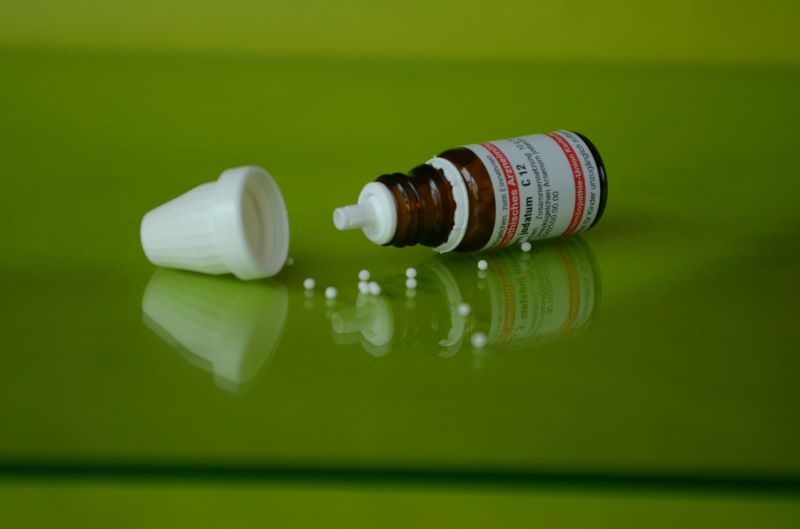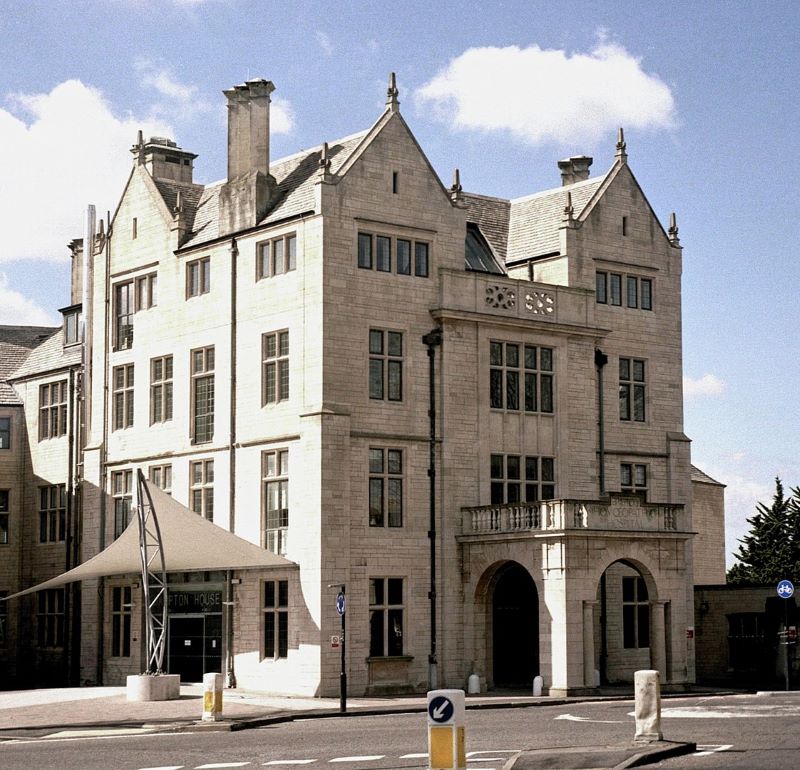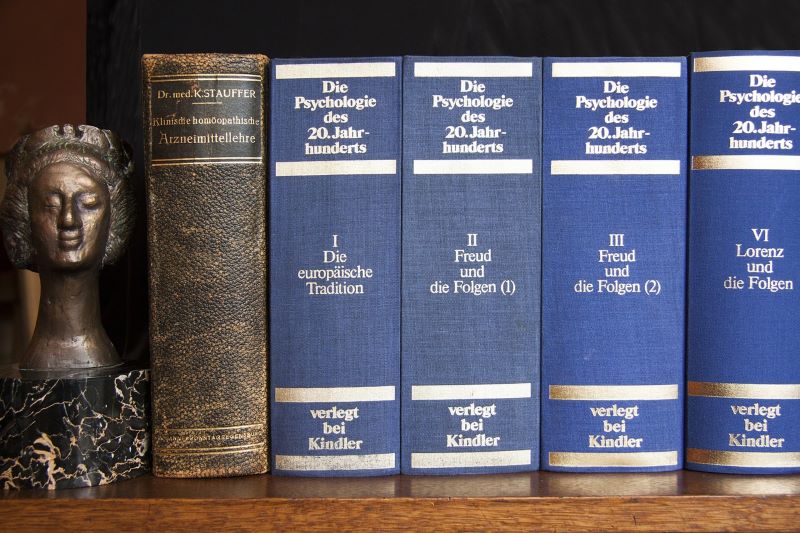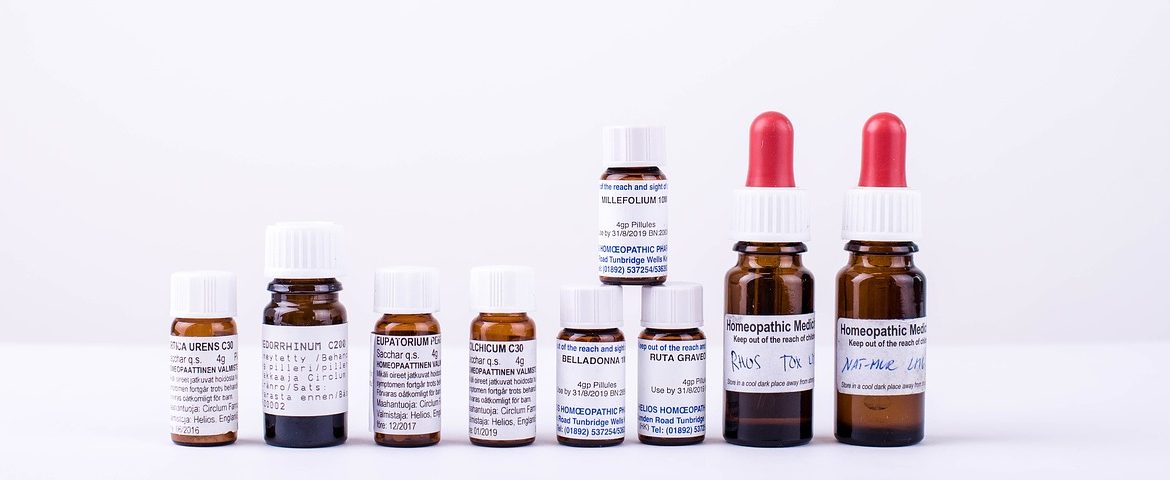Typically, when I write these posts, I like to start with an open mind and learn as I go. With homeopathy, however, this is not possible. In fact, I’ve been somewhat scathing of homeopathy in a couple of previous posts. In truth, though, my position on homeopathy is based entirely on preconceived ideas, and an utter absence of research. Something that I intend to rectify now, as I seek to establish whether homeopathy can cure cancer.
Which means that I need to find out what is actually involved in homeopathy…
Homeopathy is a system of medicine developed in the 18th century by Dr Samuel Hahnemann, which approaches good health in a holistic way – taking account of the whole person, and not only the symptom or ‘disease’. The fundamental principle is that ‘like cures like’ – leading us to select a remedy made from a natural substance which would produce the very symptoms being shown, but in a tiny dose which has been ‘potentised’ to be effective.
https://www.weleda.co.uk/homeopathy
There are a couple of terms in this quote that need further explanation: ‘like cures like’, and; ‘potentised’.
A classic example given for the ‘like cures like’ principle relates to the onion. Consider a person whose eyes are watering and has a runny nose: someone with a cold. Consider, also, what happens to you when you chop up an onion: watering eyes and running nose. Following the ‘like cures like’ principle, a homeopathic remedy of onion would clear up these cold symptoms.
As for ‘potentised’, I’m going to utilise another quote, to make sure I’m not misrepresenting anything:
The more dilute a preparation is the more potent it is. Homeopathic remedies are prepared by repeated dilutions of a base substance. The dilution process is known as potentisation, implying that each subsequent dilution and succussion increases the potency of the preparation.
https://www.england.nhs.uk/wp-content/uploads/2017/11/sps-homeopathy.pdf
Dammit, another new term! Okay, let’s find out what ‘succussion’ means…
Hahnemann regularly used dilutions of up to 300C but opined that “there must be a limit to the matter”. To counter the reduced potency at high dilutions he formed the view that vigorous shaking by striking on an elastic surface – a process termed succussion – was necessary.
https://www.weleda.co.uk/homeopathy
Oh, come on! What is this ‘300C’ of which you speak?!
Fine, fine…

Image by Detlev Cosler from Pixabay
The ‘C’ at the end of the dilution descriptor, ‘300C’, refers to to Hahnemann’s “Centesimal” or “C scale”. Hahnemann diluted a substance by 100 at each stage of the process. As such, a 2C dilution is a hundredth of a hundredth, or one part in ten thousand. A 6C dilution means that the original solution is diluted to one part in one quadrillion…
Which is – 1 : 1,000,000,000,000.
Chemically speaking, the greatest dilution reasonably likely to contain at least one molecule of the original substance is approximately 12C.
And, to put his into the context of the most recent quote: “Hahnemann regularly used dilutions of up to 300C”.
At this level of dilution, there is effectively zero chance that any of the base substance is in the resulting homeopathic medicine. Which brings us back to succussion…
For homeopaths, the process of shaking and striking used during succussion allows the diluted product to ‘remember’ the base substance. This principle has led to the more modern concept of, water memory, as developed by Jacques Benveniste in 1988. Benveniste was an immunologist and his study into water memory was published in the well respected science journal, Nature.
Unfortunately, in the years since his work was published, no other team has been able to successfully reproduce Benveniste’s results, under controlled conditions.
And, to further complicate matters, there is no agreed technique to succussion within the homeopath community. Meaning there is no standardisation of:
- Length of shaking
- Vigour of shaking
- Number of strikes needed
- Force of each strike
All of which makes it very difficult to effectively study the process of succussion.
Of course the idea of water memory has been seized upon by those wishing to belittle homeopathy. With comments along the lines of, “Let’s hope the water doesn’t remember the last time it was drunk!”
But arguments such as this are not applicable. Water memory is solely linked to succussion during dilution. It is only by undergoing this process, that water memory is developed. Such comments may be amusing, but they’re also disingenuous.
Okay, so I think we have a very basic understanding of homeopathy.
It’s a treatment that takes a ‘whole person’, or holistic, approach. Medications are prescribed on a ‘like cures like’ basis. These medications are dispensed as dilutions of an original base substance. Medications are typically taken orally, in the form of tablets, liquids and powders, etc.
Right then: does it work?
Can homeopathy cure cancer?

It’s now part of Bristol University.
By Rob Brewer from Bristol, England – Homeopathic, CC BY-SA 2.0, https://commons.wikimedia.org/w/index.php?curid=5241536
Well, the Cancer Research UK site has the following to say on its homeopathy page:
There is no scientific evidence that it can prevent or treat cancer
https://about-cancer.cancerresearchuk.org/about-cancer/cancer-in-general/treatment/complementary-alternative-therapies/individual-therapies/homeopathy
And this stance is typical among the cancer charities: homeopathy cannot cure cancer.
Not, to be fair, that homeopathy is particularly focussed on efforts to cure cancer. Although, and importantly, a typical position amongst homeopaths seems to be:
Homeopathy can be used to treat the same wide range of illness as conventional medicine, and may even prove successful when all other forms of treatment have failed.
https://www.weleda.co.uk/homeopathy
In effect, homeopathy is presented as a complete alternative to conventional medicine.
So, how strong is the evidence to back up such claims?
From the the position of conventional science and medicine, homeopathy’s claims of efficacy are about as weak as its dilutions. Ironically, from a homeopath’s perspective, this is to say: very strong indeed…
In all seriousness, though, conventional science and medicine is unable to distinguish any difference between homeopathic treatments and the Placebo Effect. Something that the homeopathic community is very aware of, and has an answer to.
Homeopaths test substances for use as remedies by giving healthy people a potentised form of the substance (usually 30c)… The symptoms that follow are recorded in as much detail as possible, including the time and speed of onset, the precise location and nature of the symptoms, and the things which make them better or worse… This is impossible to explain by placebo effect and proves that the remedies can act on the human body in precise ways, even if the mechanism of action is unknown.
http://www.homeopathyworkedforme.org/only-placebo/4531876583
The stated observation here is that homeopathic remedies were given to healthy people, who subsequently became ill. The argument follows that such things cannot be explained by the placebo effect. Which is true. Such things can, however, be explained by the Nocebo Effect.
Just to be very clear, here, the placebo effect is completely real.
Sometimes, when people believe they will get better after taking a medication, they do. Even when it later turns out that the ‘medication’ was not medicine at all. For example, with members of a control group during a (double) blinded study.
It’s also worth noting that conventional science and medicine has no good explanation for the placebo effect…
The opposite of the placebo effect, is the nocebo effect.
Sometimes, when people believe they will become ill after taking a medication, they do. Say, for example, during homeopathic tests on healthy people…
Science can’t explain the nocebo effect either!

Image by Stux from Pixabay
In fact, the Homeopathy Worked For Me site offers rebuttals for all the most common arguments against homeopathy:
- Modern science has shown homeopathy to be ‘mumbo jumbo’
- Homeopathy worked at the start because it did nothing, while the scientific treatments of the time were actively harmful
- It’s only the placebo effect
- Homeopathic remedies are diluted to the point they’re just water
- Homeopathy contradicts the known laws of science
- There is no scientific evidence that homeopathy works
- Deaths result from seeking homeopathic treatment instead of conventional treatments
Much like the rebuttal that I’ve already addressed, regarding the placebo effect, all of the other counter-arguments contain flaws. But this post isn’t the place to go into such detail. I’m solely focussed on whether homeopathy can function as a cure for cancer. And many of the above points are not specific to the cancer issue.
For me, though, it seems clear that homeopathy is not an effective treatment.
And I feel that I’ve been as fair and open-minded as I can be.
However, the simple fact is, that while homeopathy started off strong, it did so in a time before bacteria and viruses had been discovered. Simply put, it was an interesting concept that has since been disproved.
Which may explain why the last school in the US exclusively teaching homeopathy closed in 1920. And, while Homeopathy was available through the NHS for a long time, that came to an end surprisingly recently…
In 2017, NHS England recommended that GPs and other prescribers should stop providing it. This is because they found “no clear or robust evidence to support the use of homeopathy on the NHS”.
https://www.nhs.uk/conditions/homeopathy/
The document upon which this decision was based, can be found here.
All that said, there can still be a place for homeopathy when in comes to cancer patients: as a complimentary treatment. As homeopaths make clear, patients tend to turn to homeopathy when conventional treatments have failed. And, no matter which way you cut it, the placebo effect can be beneficial. So, if a cancer patient feels that homeopathy can cure their cancer, they should absolutely get the treatments… Providing it’s been cleared by their oncologist.
It doesn’t matter if a cancer patient is feeling better because of the placebo effect. Just as long as they’re feeling better. And, sure, this improvement might not last forever, but what does?
In conclusion, and as expected, homeopathy can’t cure cancer. It’s just water that’s been shaken and struck against some padding. But, because of that, homeopathy also can’t do you any harm, providing it’s being used complimentary to conventional treatments.
So, if you believe homeopathy can make you better, then it might just do so…
And feeling better is always a good thing.
